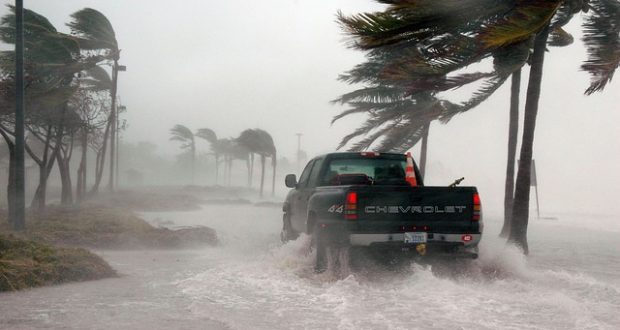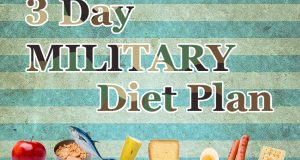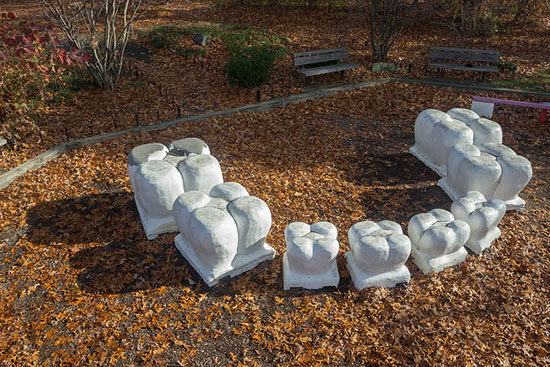As the hurricane Matthew turns to Florida and the southeastern coast doctors suggest that everyone who might be affected to secure their emergency kits. The plastic boxes with cartoon bandaids are not up to date. It is of crucial importance to be prepared, since the possibility of being trapped by the storm is very realistic.

Basic of course, would be water and food and understandably – shelter, representatives of ACEP suggests. Everyone located in coastal areas have to keep getting informed regarding evacuation councils, says another statement by ACEP. Schools, city halls and community centers and churches are typically the designated areas set up for your protection. Water is pretty important. One gallon for one person per day. Make sure you have around 3 gallons, enough for 3 days.
Robert Glatter, ACEP’S doctor recommended these items as well: If you have a chronic illness make sure you have your appropriate medicine. Furthermore, food that is not “demanding” meaning it does not require preparation and refrigeration. Example: nuts, bread, crackers, granola bars, cereal etc. But do make sure these are stored in waterproof containers. If you have a baby, make sure that you have necessary items secured, such as diapers, baby bottles, medications, wipes etc. If you need electricity for treatment of your chronic conditions make sure to have an alternative power source. If you or a someone around you has diabetes secure insulin and syringes. Have a supply of some form of sugar. If you can, bring also monitors for blood sugar and test strips. If dialysis is needed, collect information about dialysis centers within the scope of the evacuated area. Another possibility is to call your doctor for alternatives.
Back to the aid box content. Make sure you have gauze, bandages and antiseptic wipes for treatment of small injuries. Cold packs, scissors and bug spray are essential too. What you would most likely forget is can opener and toilet paper. If pregnant pay special attention to nutrition and hydration. If you are a new mother make sure you have enough baby blankets. Extra serving of protein foods can be a plus since they can be a great source of energy. Cash and change is a good idea too. ACEP, which has a website to help families prepare for disasters, also recommends keeping on hand:
- A battery-powered radio, flashlights, and extra batteries.
- Health and personal identification information, such as a license, prescription medications (pick up an extra month’s supply at your pharmacy in advance), copies of prescriptions, children’s immunization records, and a list of allergies.
- Extra pairs of eyeglasses or contact lenses and supplies.
- Emergency phone numbers.
- Change of clothing, rain gear, and sturdy shoes for each family member.
- Blankets or sleeping bags.
There are additional suggestions and directions on the following site: http://bit.ly/2dKsI78












